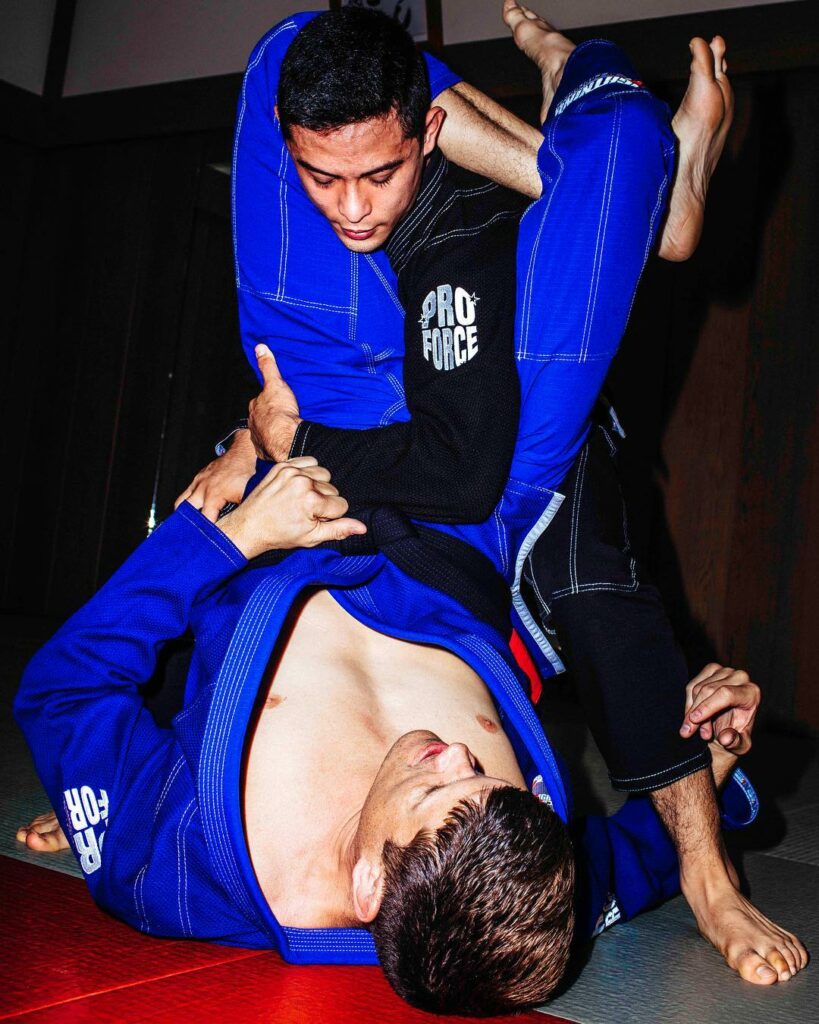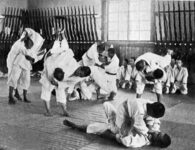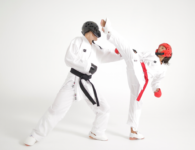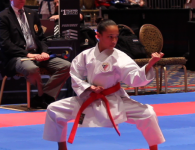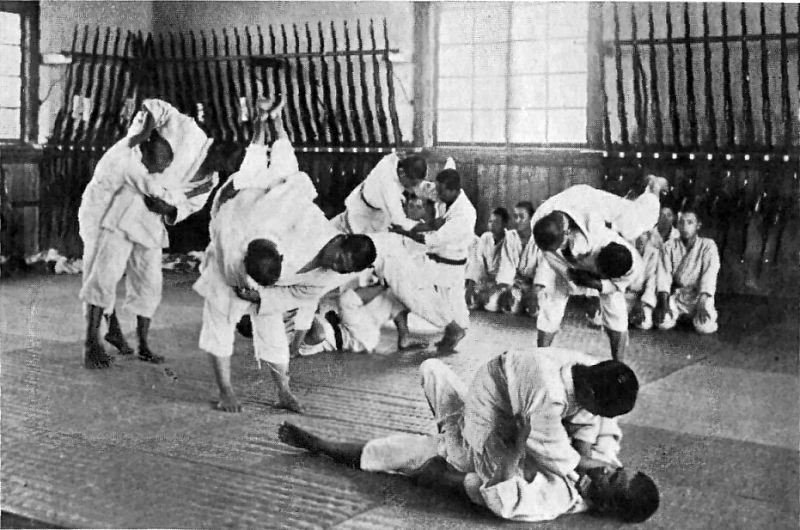
How does Brazilian Jiu-Jitsu compare to Japanese Jujutsu? These two martial arts have a shared lineage and similar names, but have divergent techniques, philosophies, and modern day applications. Let’s examine the differences between BJJ and Jujutsu.
Jujustu‘s Origins
Japanese Jujutsu was originally developed for samurai in the Sengoku period. The oldest version of this martial art dates back to the 16th century. Since then, a number of schools of Jujutsu (ju meaning “soft” and “jutsu” meaning art) have evolved, including Judo, which was developed by Kanō Jigorō in the late 19th century.
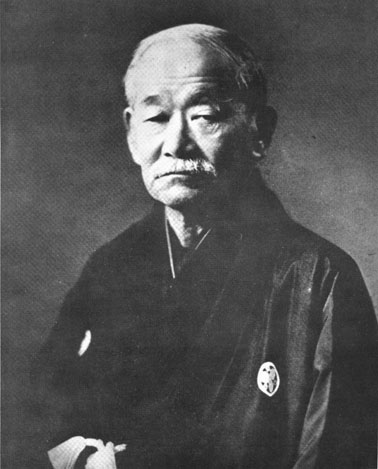
Source: Wikipedia
Brazilian Jiu-Jitsu‘s Origins
One of Kanō Jigorō’s students, Mitsuyo Maeda, traveled to Brazil to teach and perform martial arts demonstrations in the early 20th century. After seeing one of these performances, a young man named Carlos Gracie began training in Judo under Maeda. He later passed on these teachings to his brothers. When his younger brother Hélio Gracie began adapting these techniques to better suit his size, the martial art that we now know as Brazilian Jiu-Jitsu was born.
Technique
Jujutsu, which was developed for samurai who needed to defend themselves without weapons in close quarter combat, involves throws, joint locks, pins, and sometimes strikes. Brazilian Jiu-Jitsu was also developed for close-quarter self-defense, but its grappling, submission holds, and throws also have a strong sports component.
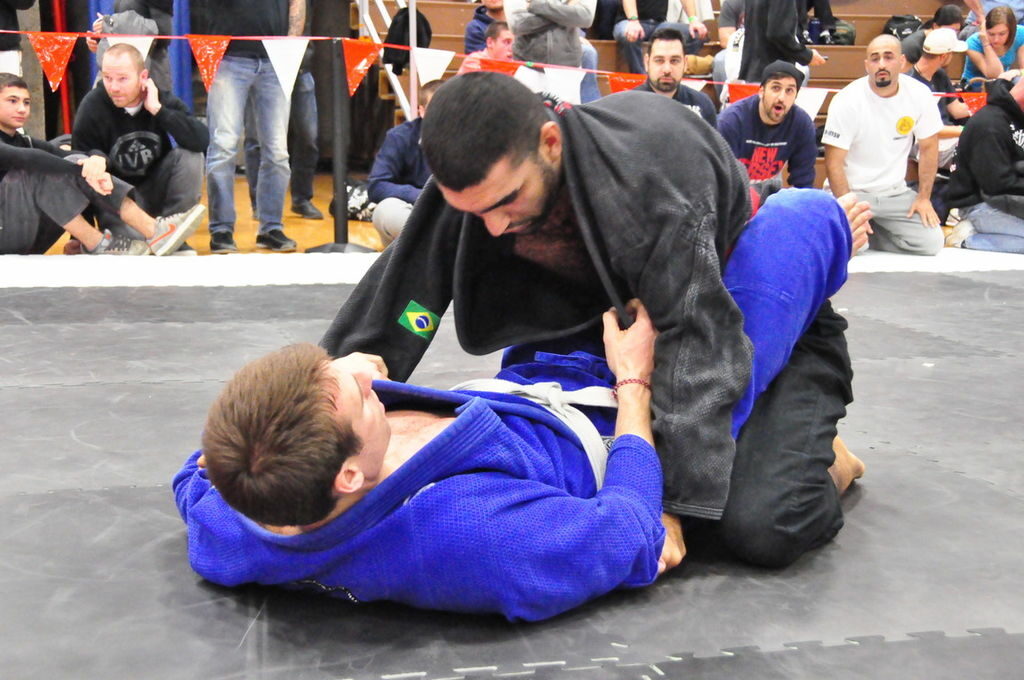
Training
While both martial arts are still taught today, Jujutsu training is primarily technique focussed while Brazilian Jiu-Jitsu includes full-strength sparring.
